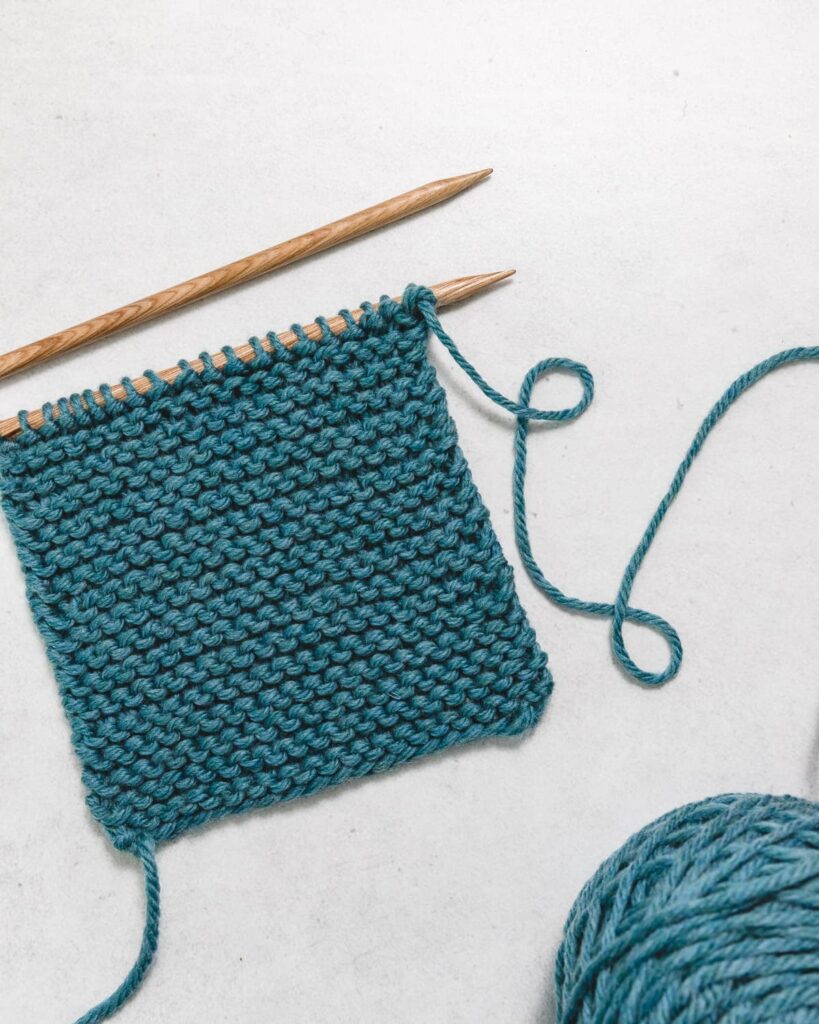
While most businesses don't give butcher's paper much thought, you may not be aware of the benefits of using custom printed butcher paper. This simple tool can help your business run more efficiently, faster, and easier. Learn all you need to know about butcher’s paper and how to make your business grow.
Unbleached butcher’s paper
Unbleached butcher’s paper is an excellent choice for many uses. Made from a strong, natural kraft, this paper is FDA-compliant and has low sulfur and near-neutral pH. It's also extremely absorbent, making this paper ideal for wrapping sandwiches, plants and as a disposable tablecloth.

Wax-coated butcher’s parchment
The majority of wax-coated butcher's paper are made from wood pulp. They are inexpensive and versatile, making them great for packing and wrapping. You can also use them to make table covers and crafts. Some butcher paper is coated with a proprietary coating. This coating prevents fluids from entering the paper and prevents the meat from absorbing them.
Peach butcher papers
Peach butcher papers look just like regular pink butcher papers, but they are treated with a shrink agent to preserve your cut meat. It allows oxygen to reach meat and preserves its natural colors. The paper is an attractive option for high-performance packaging and is often preferred to plastic. The unique color of the paper complements raw meats and poultry and it is FDA-approved for food contacts.
Gardenia Butcher Paper
A high-quality butcher paper is essential for wrapping meats, poultry, or fish. Gardenia Butcher Paper is one of the most popular on the market. It provides superior moisture resistance, and prevents leakages. It resists water which also prevents flavor and sogginess. It is a great choice to prepare sandwiches and seafood.
Gardenia Peach butcher paper
While pink butcher paper is often confused with the more common gardenia variety, the two are very different. Gardenia paper is a high-quality paper. It is treated with an sizing agent to provide optimal moisture treatment. It is strong and tear-resistant. These properties make it a great choice to wrap meat and poultry. It is used more frequently in baking.

Gardenia Gardenia Peach butcher paper
If you're a skilled paper flower maker, this gardenia project will be a great choice. This paper is of exceptional quality, is resistant to moisture, and can be used for leakproof packaging. This paper can also be used to wrap your meat for smoking.
FAQ
What are the competitive hobbies?
Competitive sports include running, swimming, cycling, golfing, tennis, etc.
They're usually played by people who enjoy physical activity but also provide an opportunity for social interaction.
You'll likely find others who are interested in your hobby if it involves physical activity.
This could mean joining a club, or group that meets regularly to do sports together.
Participating in group games, which involve playing alongside others, is another option.
These include soccer (soccer), rugby, netball and hockey.
There are many kinds of competition.
Some competitions may be held for pure recreational purposes.
Others are designed for competitors to prove their skill.
Some are even designed to reward outstanding performance.
These cases award prizes to the winners.
Other competitions aim to assess the strength and endurance of competitors.
These are called endurance events.
For example, marathon races, triathlons, Ironman Triathlon, etc.
Athletes often train hard before competing in these events.
They will follow a strict training program to prepare themselves mentally and physically.
They might also need to be away from their homes during preparation.
It is important to keep in mind that not all athletes can compete in every event.
What are collection hobby?
Books, movies music, comics and video games are some of the most popular collections.
You can also collect stamps, coins and cars as well as dolls, action figures, figurines, art supplies, kitchen utensils, jewelry and watches as well...
I think you get it.
What are some good hobbies?
Your favorite hobbies are ones you enjoy. If you love what you do then you'll find it much easier to keep going. You'll also have an excuse when you're not feeling well or tired!
There are many hobbies that we all enjoy: gardening, painting and crafts; photography; cooking; sports and games; reading music and film-making; collecting; cycling, walking, dancing and writing; playing instruments and other musical instruments.
You could also consider volunteering at a local charity shop, animal shelter, children's hospital, hospice, elderly care home, school, community center, church, etc.
Suppose you're looking for something more adventurous. Why not take up scuba diving, rock climbing, sky diving, bungee jumping, white water rafting, sailing, surfing, canoeing, kayaking, horse riding, zip lining, hang gliding, paragliding, skydiving, snowboarding, skiing, mountain biking, hiking, camping, fishing, hunting, archery, shooting, clay pigeon shooting, target shooting, golf, tennis, swimming, snorkeling, windsurfing, waterskiing, kitesurfing, wakeboarding, standup paddle boarding, hang gliding, parasailing, hot air ballooning, paragliding and many more.
If you want to go further afield, there are plenty of unique ways to spend time in nature. These include caving.
How can I find a hobby?
You might feel as though you don't have a choice when you first start your quest for a hobby.
You're probably thinking, "I'm not very artistic," or "I'm terrible at sports," or maybe even "I don't know anything."
But the truth is, you probably already have a lot of experience to draw upon when looking for a hobby.
It's just that you haven't realized it yet.
Take a look around your house. How many things do you own?
Do you have any old toys lying around?
Perhaps you have a collection.
Maybe you've always wanted to learn how to cook.
Perhaps you just want to pick up the guitar again.
Whatever your hobby, it's possible to make it a hobby.
The key is to realize that you already have plenty of experiences to draw upon.
And once you do, you'll be able to pick out a hobby that fits right into your lifestyle.
Statistics
- 37% Video Games 36% Travel 36% Health and Fitness (quizexpo.com)
- This 100% accurate personality-analyzing hobby quiz discovers your passion based on your characteristics. (quizexpo.com)
- Almost 80% of people claim to have no hobby. (hobbylark.com)
- The Role of the Mind in Sex, Dating, and Love: Men in the “humor” condition received phone numbers from 42.9% of the female participants and were refused 57.1% of the time. (time.com)
- The intensity of the dialogue partners' bond at the end of the forty-five-minute vulnerability interaction was rated as closer than the closest relationship in the lives of 30 percent of similar students. (time.com)
External Links
How To
How to learn a music instrument
There are many ways you can learn to play music. You could either go to a school, buy a book, take lessons from someone who plays an instrument, watch videos online, etc. These are just a few tips and tricks to help you get started if you're determined to make your own path.
-
Find something you are interested in. If you don't like any of the instruments you see around, then you should try another one. If you don't like playing an instrument, it would be difficult to learn how to play it.
-
Be patient. Learning something new takes time. Don't expect to master everything right away. Instead, practice every day.
-
Keep practicing regularly. You can do this even when it is hard. This will ensure that you won't forget what you learned.
-
Make sure you choose a safe place to practice. It is best to find a quiet space where you will not disturb others. Make sure there aren't distractions. Also, don't let loud music play near your home.
-
Have fun! Music is meant to be enjoyed. Make sure you have fun while practicing. Being happy will inspire you to keep practicing.
-
Set goals. If you set goals, then you will know exactly how you want to get there. You will never be ashamed to fail.
-
Keep track of how you are doing. Keep track of all your successes and failures. It will help you become a better person over time.
-
Take breaks. Sometimes, you will just need to stop for a while. It is a good idea to take breaks so you can think about everything.
-
Ask questions. Ask others if there are any doubts or questions regarding the instrument. They might be able to assist you.
-
Listening is the best method to learn. Many musicians enjoy listening to their favorite songs and trying to imitate them. This helps them understand the basic concepts behind the song.
-
Read books. You will learn more from reading books than you can by watching videos or attending classes. Books often contain information you can't find elsewhere.
-
Join a group. Playing with others forces you to practice more. Plus, it will be easier to meet people with similar interests.
-
Watch tutorials. Tutorials are videos that provide detailed explanations of various topics. Tutorials are short videos that focus on one part of the instrument. These tutorials will help you to understand the more difficult parts.
-
Explore different learning methods. Some people prefer to learn via lectures while others prefer to read. Experiment until you find what works best for you.
-
Practice makes perfect. It is not possible to become an expert overnight. It is important to put in a lot of effort before you can become skilled enough to perform well.
-
Learn from other musicians. You can learn faster by listening to other musicians play your favorite songs.